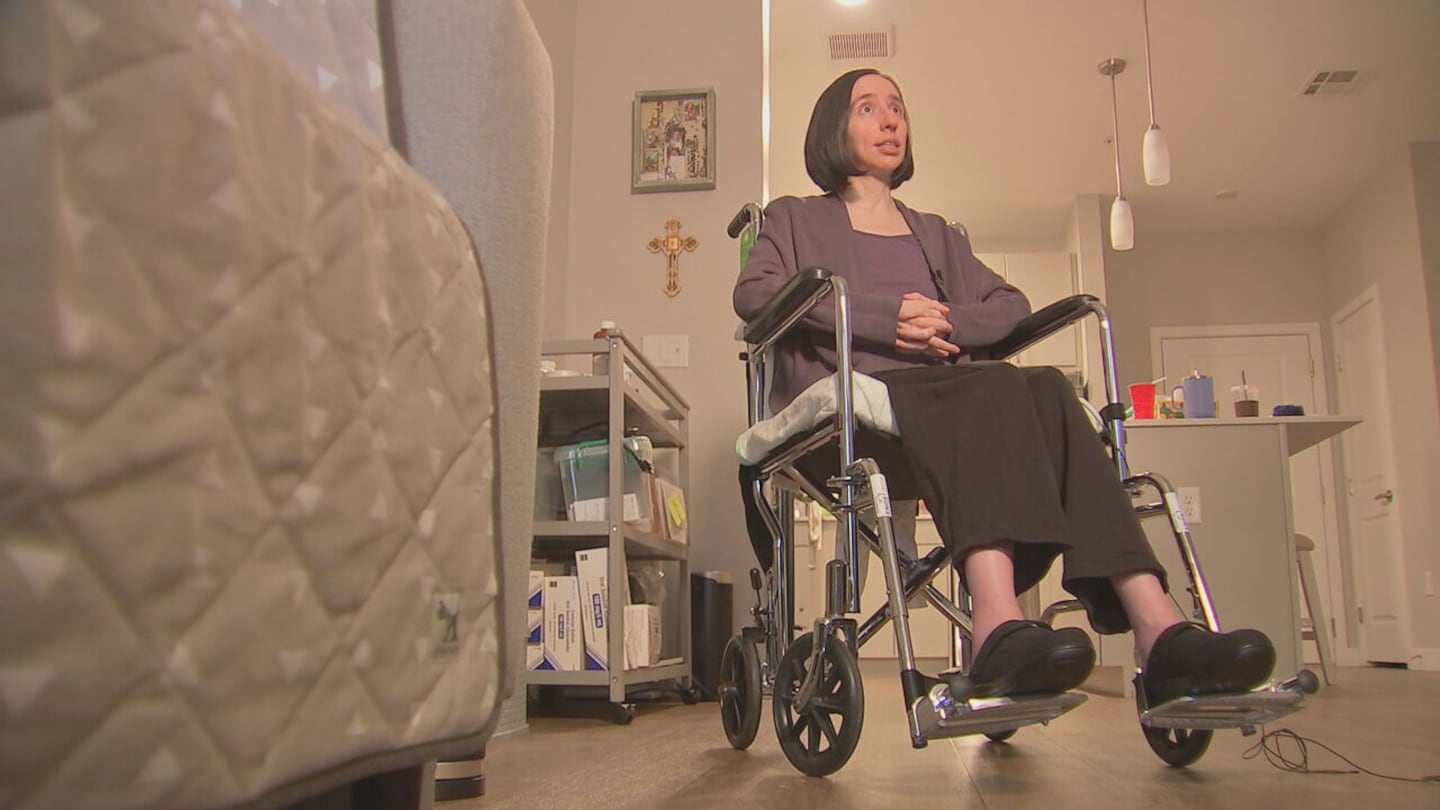NEEDHAM, Mass. — Hal Avery, 77, of Needham is one of dozens of people who responded to a report 25 Investigates aired Monday night about the potential dangers associated with one class of commonly prescribed antibiotics.
Avery said he was prescribed levofloxacin for a chest infection in March 2022. He received the antibiotic intravenously during a 4-day hospital stay and in pill form after he was discharged. Within days of leaving the hospital, Avery said he lost his appetite and could barely walk. He said he’s lost hearing in one ear and his sense of taste.
“I’ve seen and talked to a number of doctors. Nobody knows what to do. They just said, well, hopefully, it goes away. That’s the best I’ve gotten for advice… and now I’m two years into this and it’s not going away,” Avery told Investigative Reporter Ted Daniel.
Avery said he’s been diagnosed with fluoroquinolone toxicity also known as floxing. It’s a reaction some people have to a class of antibiotics known as fluoroquinolones. The FDA first began warning about fluoroquinolones in July, 2008. There are about 8 brand names and dozens of generic options on the market.
Talia Smith, 44, of Norwood, said it happened to her in April 2021 after she was prescribed ciprofloxacin for a urinary tract infection. 25 Investigates featured her story Monday night.
“The third day I had stabbing pains, like in my heels, up my legs, like shooting pains, like I was getting electrocuted,” Smith said.
She has become an advocate for the floxing community and often shares TikTok’s about her fight.
Dr. Charles Bennett studies medication safety at the University of South Carolina and is a leading expert on fluoroquinolone toxicity.
He says government researchers at The Medicines and Healthcare Products Regulatory Agency (MHRA) in the United Kingdom recently found floxing may not be as rare as once thought.
“This is 1 to 10 per 10,000 people. That is not a small number. And the literature we’ve looked at, and we’ve found several hundred people with this throughout the world and with a large number of these people it is not reversible. It last years, maybe decades,” Dr. Bennett said.
Dr. Bennett said his research suggests people may have a genetic predisposition to floxing.
“What we suggest is people who have this side effect have a genetic predisposition where they poorly metabolize the drug. When you poorly metabolize the drug, the drug can get a tremendous amount of drug levels to go to the central nervous system,” he said.
Bennett said if that is proven, genetic testing could be done in advance of prescribing fluoroquinolones.
“We’ve always suggested that, the companies could do the genetic test and patent it and test people before they take the drug. And if you have this gene, you probably shouldn’t take the drug,” he said.
This is a developing story. Check back for updates as more information becomes available.
Download the FREE Boston 25 News app for breaking news alerts.
Follow Boston 25 News on Facebook and Twitter. | Watch Boston 25 News NOW
©2024 Cox Media Group






